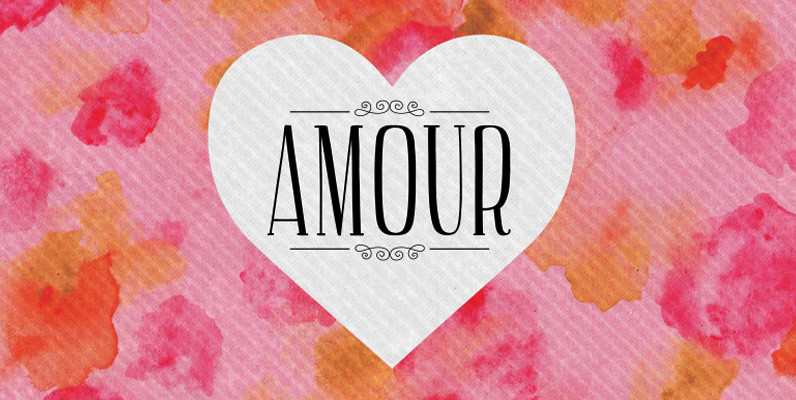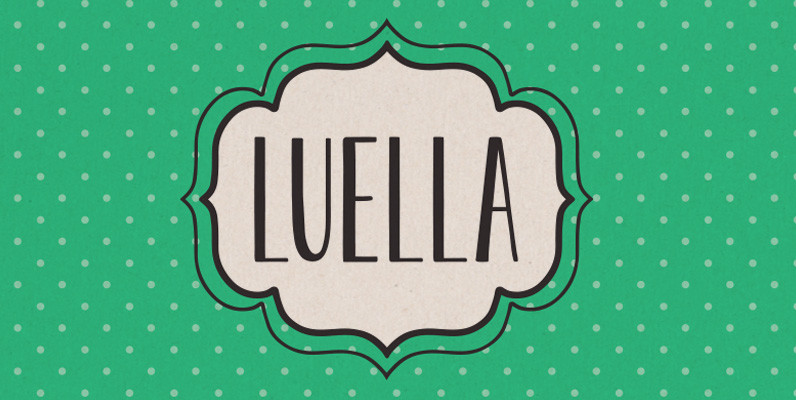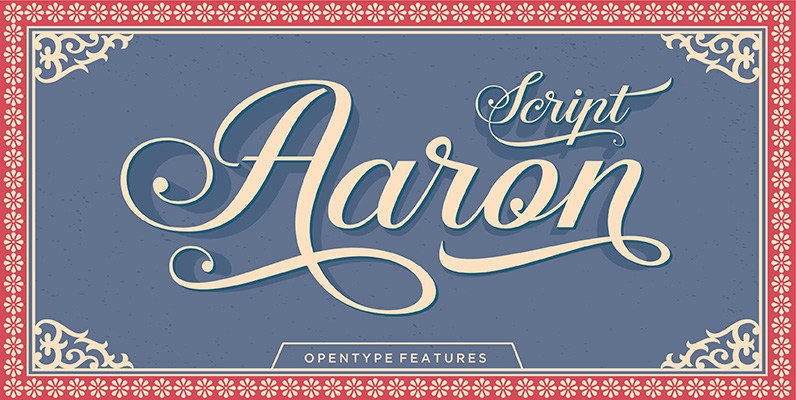Tag: invitations
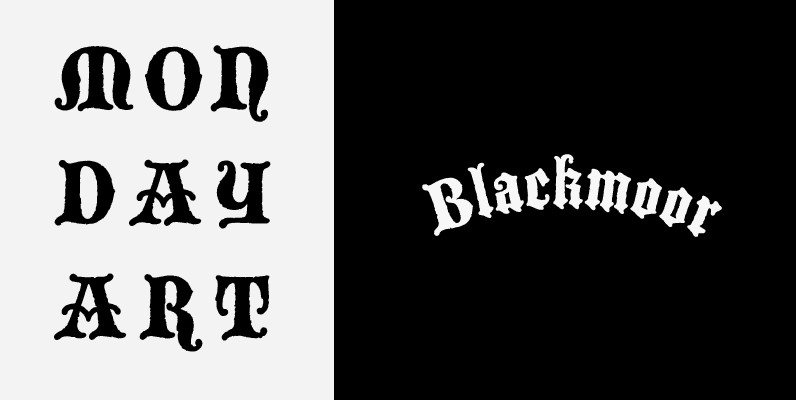
Blackmoor Font
Based on an old English letter style, Blackmoor richly evokes all the character of medieval times. It’s rough, distressed features make it an excellent choice for a variety of applications from serious historical publications to horror movies and comics. Designed

Ulysses Font
Timothy Donaldson, English calligrapher, used a Decro Pen with a square-shaped nib to create this informal, energetic-looking typeface. The immediate, authoritative look of the letters are enhanced by close letter spacing. Can be used for purposes requiring all capitals or
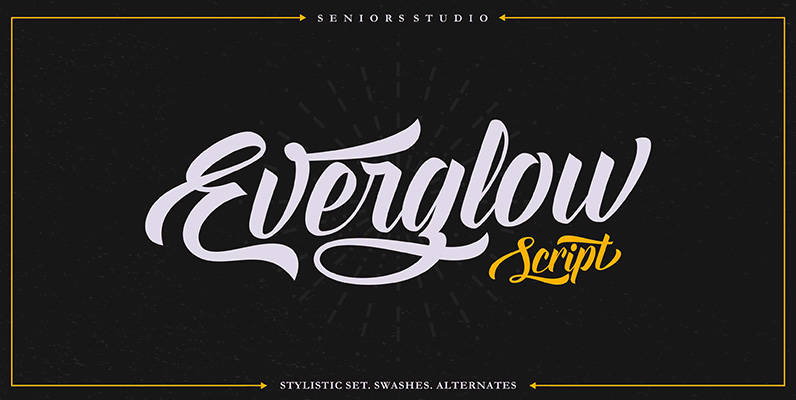
Everglow Font
Everglow Script is a retro script font, bold, classic and fun vintage script.Can be used for various purposes.such as logos, t-shirt, letterhead, signage, news, wedding invitation, posters, badges etc. Everglow Script features 560+ glyphs and 322 alternate characters. including initial
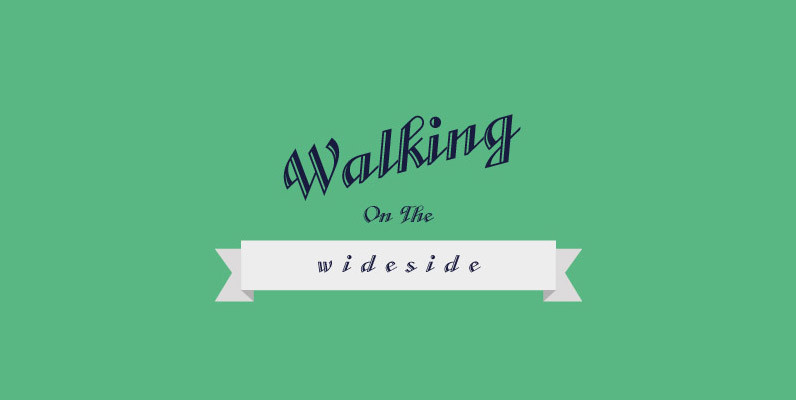
Cabarga Cursiva Font
The formidable partnership of father and son: Demetrio E. Cabarga and Leslie Cabarga, two eminent New York designers, developed this unique, contemporary script typeface. Like most scripts, the capitals serve only as initials and link with a lowercase that includes
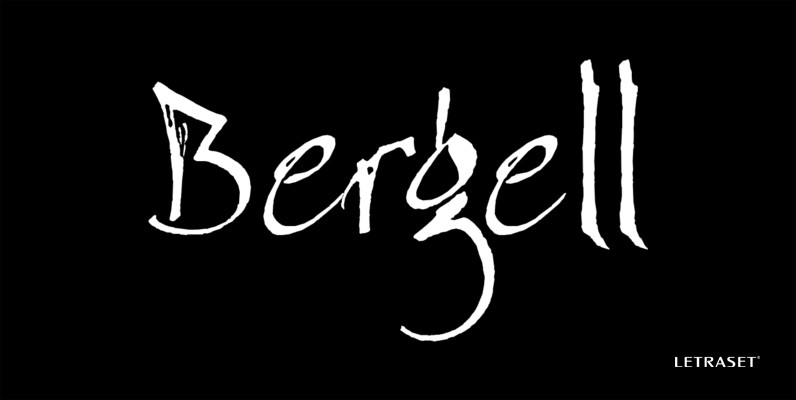
Bergell Font
The work of Alberto Giacometti inspired this spontaneous, calligraphic style created by German graphic designer Thomas Finke. Although somewhat abstract, this typeface is highly legible and benefits from generous letter spacing. Will enhance any work where an elegant, artistic appearance
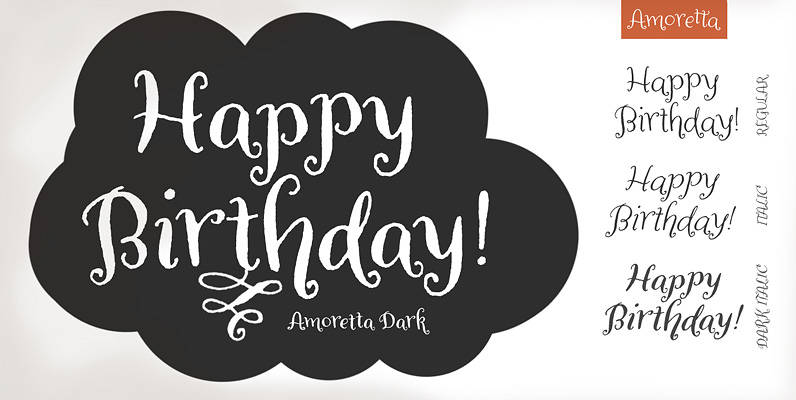
Amoretta Font
Amoretta = Little Love. Our sweet Amoretta is optimistic & bright. A charming balance of youth and sophistication, Amoretta is full of opportunity for print (Identity projects, stationery, book design, packaging design) or online applications (eBooks, games, websites). Easy to
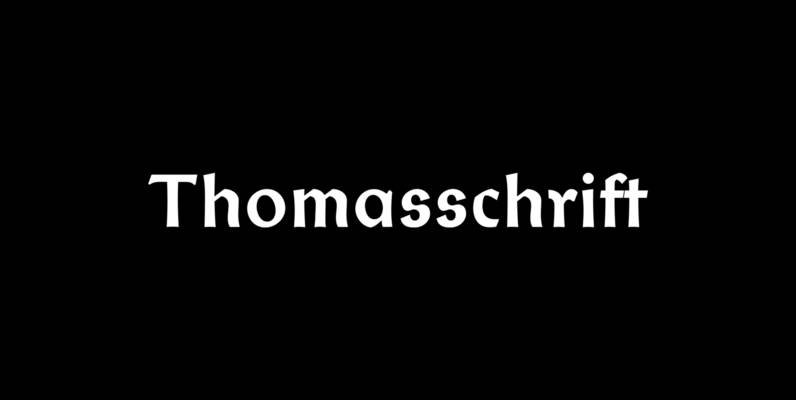
Thomasschrift Font
Friedel Thomas 1957 Typoart font, redesigned and extended, for vintage use. Published by RMU TypedesignDownload Thomasschrift

Bertie Font
British designer Alan Meeks incorporated an unusual internal pattern into this Bodoni style letterform. The result is a reserved, 1930’s appearance. Bertie is an excellent choice for a variety of subjects where word settings in larger display sizes are required.

Academy Engraved Font
Letraset’s talented type designer, Vince Whitlock, was inspired by the elegant Caslon series when he created Academy Engraved. The exquisite letterforms of this traditional Roman typestyle make it ideal wherever a refined, classical appearance is desired. Published by LetrasetDownload Academy
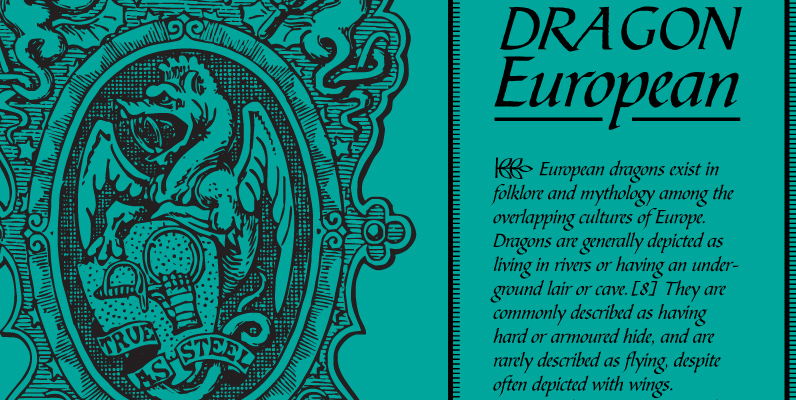
Bible Script Font
A textured edge enhances this traditional, calligraphic font featuring many swash alternative letters and additional flourishes. Word settings look as though they have been rendered by hand. Perfect for use on certificates, diplomas, citations, greeting cards as well as many
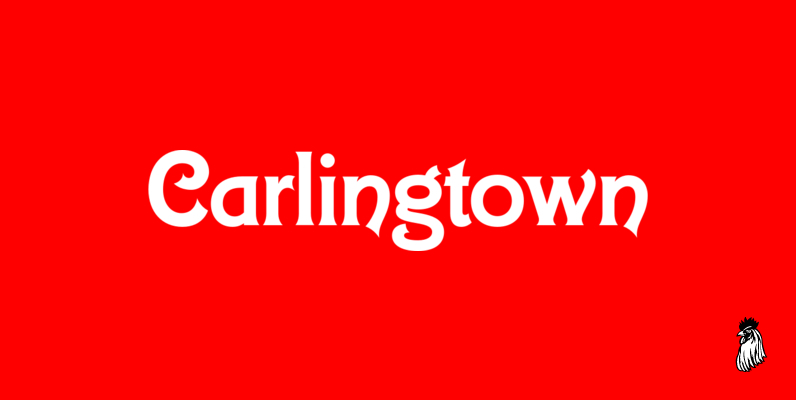
Carlingtown Font
This old victorian typeface was originally called Constantia. Since that name was already in use, we decided on a the new name of Carlingtown. Digitally engineered by Steve Jackaman and Ashley Muir. Published by Red RoosterDownload Carlingtown

Burlington Font
This stately modern Roman face was designed by eminent English lettering artist Alan Meeks. It evokes a 1940’s style with its strong upright characters emphasized by the half-solid, half-open feature throughout. This regal typeface benefits from wide letter spacing. Published

Challenge Font
English brush lettering specialist Martin Wait created Challenge Bold with all the fresh spontaneity of hand rendered lettering. For maximum effect, the capitals should be set closely and the lowercase letters should be overlapped to achieve an authentic appearance. Perfect

